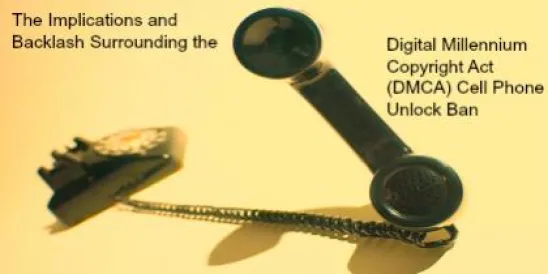The Western District of Washington recently adopted a “preponderance of the evidence” standard for establishing the prerequisites of Federal Rule of Civil Procedure 23 and denied class certification in a TCPA case because the plaintiffs’ expert testimony did not meet the rigors of even a preponderance standard. See Southwell v. Mortgage Investors Corp. of Ohio, No. 13-1289 , 2014 U.S. Dist. LEXIS 112362 (W.D. Wash. Aug. 12, 2014).
In Southwell, the plaintiffs alleged violations of the TCPA’s Do Not Call (“DNC”) rules and sought to certify a purported class of “all persons registered on the National Do Not Call Registry” who received calls from the defendants in the preceding 12 months, and all persons on the defendants’ own “internal” DNC lists who had received calls despite requests that the defendants stop calling them. After the court observed that the plaintiffs had submitted no factual support for the alleged numerosity of the class, the plaintiffs presented two so-called “numerosity experts.” After the proceedings were stayed so the defendants could depose the experts, the court considered the would-be experts’ testimony.
First, the court found itself in need of a standard of proof for establishing the elements of certification under Rule 23(a): commonality of issues, typicality of claims, adequacy of representation, and, of course, numerosity of class members. As the Ninth Circuit has yet to announce an “evidentiary benchmark,” the court chose “to align itself with the emerging trend in other districts toward the adoption of a preponderance of the evidence standard for facts necessary to establish the existence of a class.” Southwell, 2014 U.S. Dist. LEXIS 112362, at *3. In particular, the court cited “preponderance of the evidence” certification cases in the Second, Third, Fifth, and Seventh Circuits, and in a number of district courts.
Next, armed with the preponderance standard and citing the U.S. Supreme Court’s admonishment in Wal-mart v. Dukes that certification is proper if and only if the trial court is satisfied “after a rigorous analysis” that plaintiffs have met their burden of proof under Rule 23, the court considered the plaintiffs’ two numerosity experts. The first was an Associate Professor of Psychiatry and Behavioral Sciences who testified that he received a series of lists from the plaintiffs’ counsel containing information described as “Internal DNC List” or “Fed DNC List,” imported the data into a special purpose database, and then screened the data to identify unique telephone numbers with, for example, a time stamp within the prior 12-month period. From that the professor estimated that the federal DNC class was comprised of 157,624 persons and the internal DNC class was comprised of 181,576 persons.
The court rejected this testimony. It found that “whatever his qualifications as a statistical analyst,” the professor lacked any knowledge of the TCPA or DNC policies, laws, or practices. Further, although he analyzed the data provided by the plaintiffs’ counsel, the court found he had no ability to verify the accuracy of the underlying do-not-call lists or to present an independent opinion on whether they were what the plaintiffs’ purported them to be. Also troubling to the court was the professor’s inability to show:
-
Whether any individuals on the National Do Not Call Registery (“NDNCR”) later consented to be called (“opted in”);
-
Whether any of the individuals on the NDNCR were persons with whom the defendants had an existing business relationship;
-
How many phone numbers on the list were business numbers (which are not properly included on the NDNCR); and
-
How many of the calls were made within the 30–day grace period permitted for compliance with DNC requests.
The plaintiffs also put forward a second numerosity expert, but the court found that she offered no affirmative proof of numerosity because her affidavit described an analysis she had not even conducted yet. Accordingly, the court found that the plaintiffs failed to show numerosity by a preponderance of the evidence—and denied class certification.
The court’s opinion provides some useful analysis for practitioners regarding the pitfalls of proving numerosity through expert testimony. Incidentally, two days later, the court granted the defendants’ motion for summary judgment on the plaintiffs’ individual claims under the federal DNC registry, but denied summary judgment on the state and internal DNC claims, finding that the plaintiffs established disputed material facts regarding, inter alia, the defendants’ assertion of the safe harbor defense under the TCPA. See Southwell v. Mortgage Investors Corp. of Ohio, No. 13-1289, 2014 U.S. Dist. LEXIS 113314 (W.D. Wash. Aug. 14, 2014).



 />i
/>i

